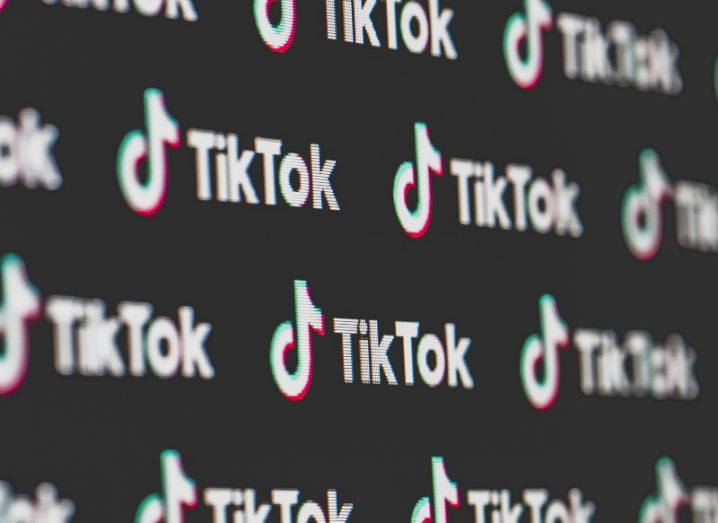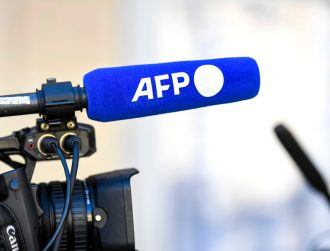
Image: © Romain TALON/Stock.adobe.com
The social media company claims this network had more than 94,700 users and was deliberately attempting to ‘intensify social conflict’.
TikTok claims it managed to shut down a network designed to spread disinformation and divisive content to Ireland.
The social media company claims this network contained 72 different accounts, with a combined following of more than 94,700 users before the network was removed.
The details were shared in a report to the European Commission as part of an EU code of practice against disinformation. This is a voluntary practice that is being followed by several major tech giants such as Google, Meta and Microsoft. The report covered TikTok’s measures against disinformation from 1 January to 30 June of this year.
TikTok said this network was a covert influence operation (CIO) that was used to spread content with “divisive views related to nationalism in Ireland, Japan, Russia and Taiwan”. It was also used to redirect TikTok users “off-platform and to intensify social conflict”.
“We continue to fight against covert influence operations and we do not allow attempts to sway public opinion while misleading our platform’s systems or community about the identity, origin, operating location, popularity, or purpose of the account,” TikTok said in its report.
“CIOs continue to evolve in response to our detection and networks may attempt to reestablish a presence on our platform.”
Published in June 2022, the code of practice is part of the EU’s attempt to crack down on fake news content on the internet. It follows the lessons learnt during the pandemic and Russia’s war on Ukraine.
It is backed up by the Digital Services Act, the landmark EU legislation that aims to force tech companies to take control of content moderation. Last month, TikTok revealed new measures to be compliant with this EU regulation, which included an adjustment to personalised content.
Earlier this year, X – formerly known as Twitter – left this voluntary code of practice. This decision was met with a stark warning by internal markets commissioner Thierry Breton, who said “obligations remain” for the company. A recent report by the EU claims that X is one of the biggest outlets of Russian disinformation.
Governments have taken some measures to tackle the constant risk of disinformation. Earlier this year, Ireland set up a working group to create a national anti-disinformation strategy.
10 things you need to know direct to your inbox every weekday. Sign up for the Daily Brief, Silicon Republic’s digest of essential sci-tech news.






